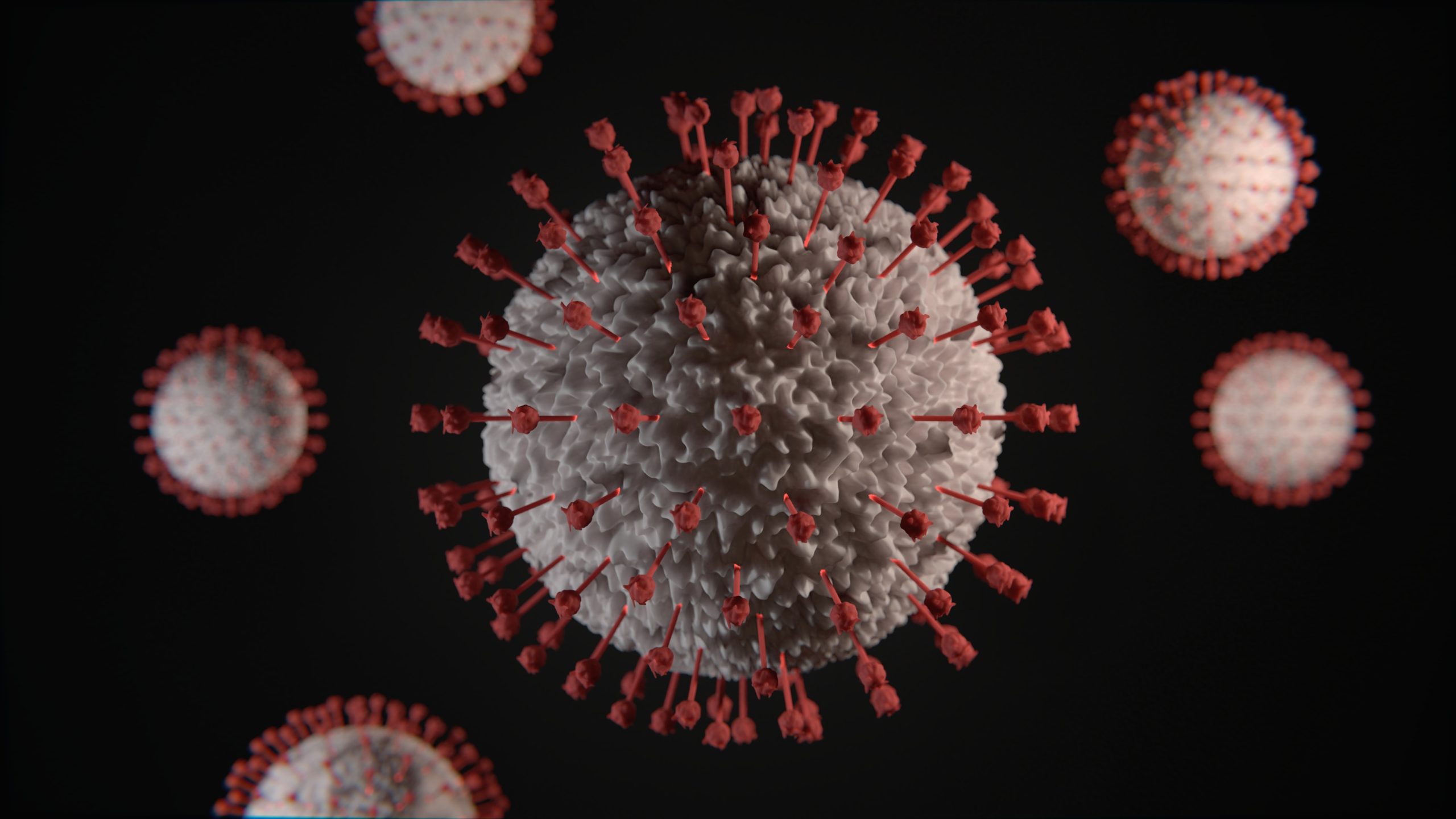The COVID-19 war and commitment towards UHC hinge on the criticality of designing strategic health financing policies in India. The pandemic provides the window of opportunity to reflect on our health financing objectives to strengthen the health system resilience and health security to insulate ourselves from a health emergency. Currently, the health system response to pandemic can be categorized as inadequate coverage of financial health protection, insufficient government health funding and inefficient healthcare provision.
- The recently launched Ayushman Bharat Pradhan Mantri Jan Arogya Yojana targeted 50 crore poor and vulnerable individuals for protection against rising out-of-pocket expenditure and health induced poverty. Despite being well-intentioned, the scheme excluded sections of urban poor and migrants rendering them invisible. Additionally, fragmentation of health insurance programs and the dismal coverage of less than 10% outside the government schemes exposes the “missing middle” class to the mercy of unregulated private players.
- The COVID crisis uncovers the harsh realities of a chronically underfunded public health system characterised by large interstate disparities and health inequities in India. The inherent neglect and short-sightedness towards the health sector are apparent in the announced relief packages. Apart from the Rs.15000 crore budgeted towards containing the pandemic, structuring health investments aimed at transforming the health sector to make it Atmanirbhar remains absent. Moreover, the opaqueness of the PM CARES fund makes private donations an unreliable source of additional funding.
- The private sector, the dominant provider of health services and a large network of health infrastructure is unquestionably expected to play a larger Covid-19 role. However, due to lack of comprehensive national policy, disappointingly few private hospitals have come forward during Covid. The hospital industry is grappling with the triple burden of poor financial performance due to insurance overdue; a fall in hospital revenues and rising costs.
For efficient utilization of limited public health funding, the role of the National Health Authority, the apex body responsible for implementing AB-PMJAY needs to be ambitiously expanded by consolidating internal and external funding sources and merging supply and demand-side programs. This will result in improved efficiency of service delivery by prioritizing primary care and management of non-communicable diseases. Routing pandemic donor funds through the Authority will simplify administrative processes in funds allocation and budget transfer, expedite public procurement, reduce duplication risk while focusing on national interests.
Secondly, the New Health Policy 2017 justifies incentivizing the private to respond to increased pandemic demand and structuring payment to ensure provider revenue stability to embrace the private sector. Innovations in service delivery such as telemedicine regulation and thrust on home-based care by ANMs and ASHA workers is timely and cost-effective.
The central government must partner with their state counterparts to incentivize unprotected medical warriors facing an uneven battle with the unprecedented workload in overstretched facilities.
The creation of a national master repository by the triangulation of health-related data and database of the eligible population, including migrants and undocumented homeless persons is momentous for Health Management Information System strengthening. Buttressing evidence-based decisions is instrumental in reducing health inequities, cost control and improving quality of care.


